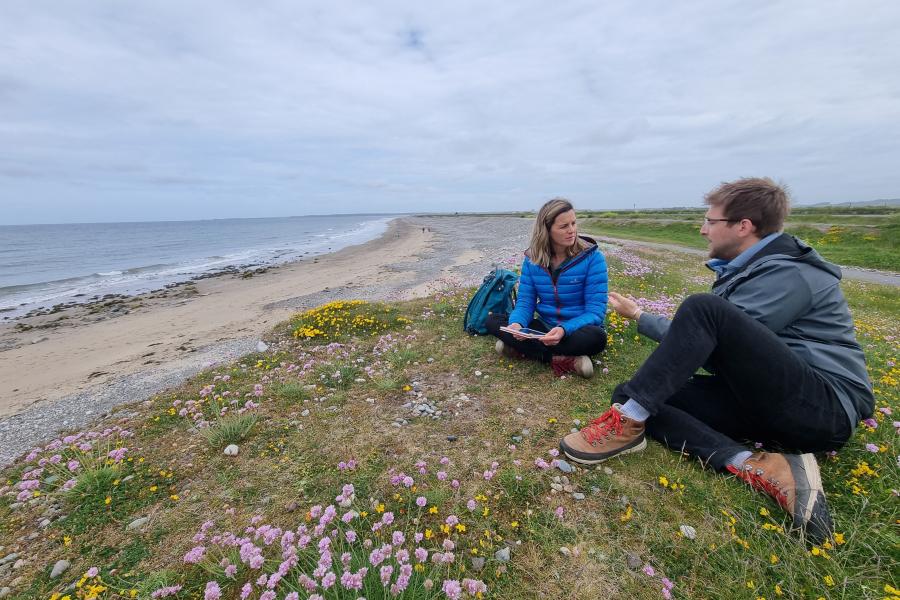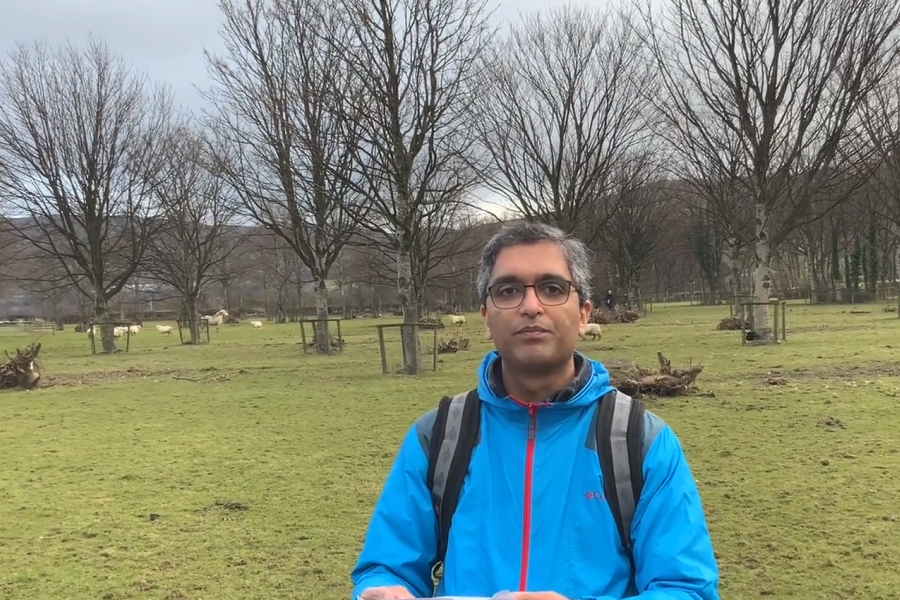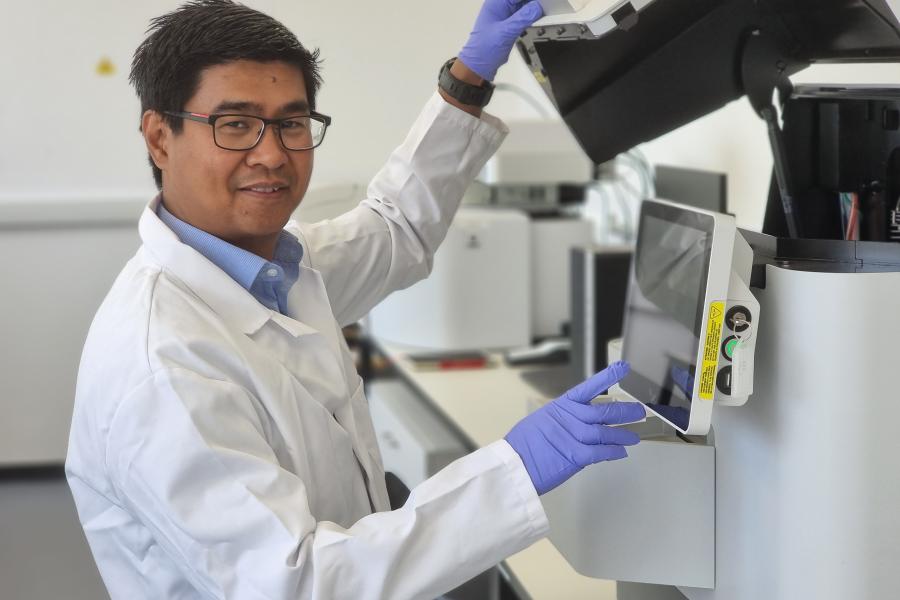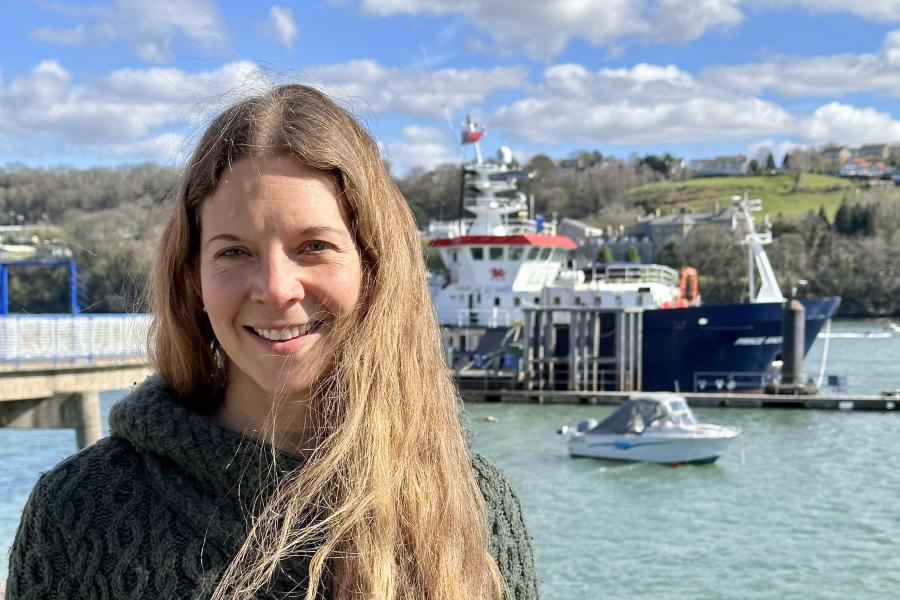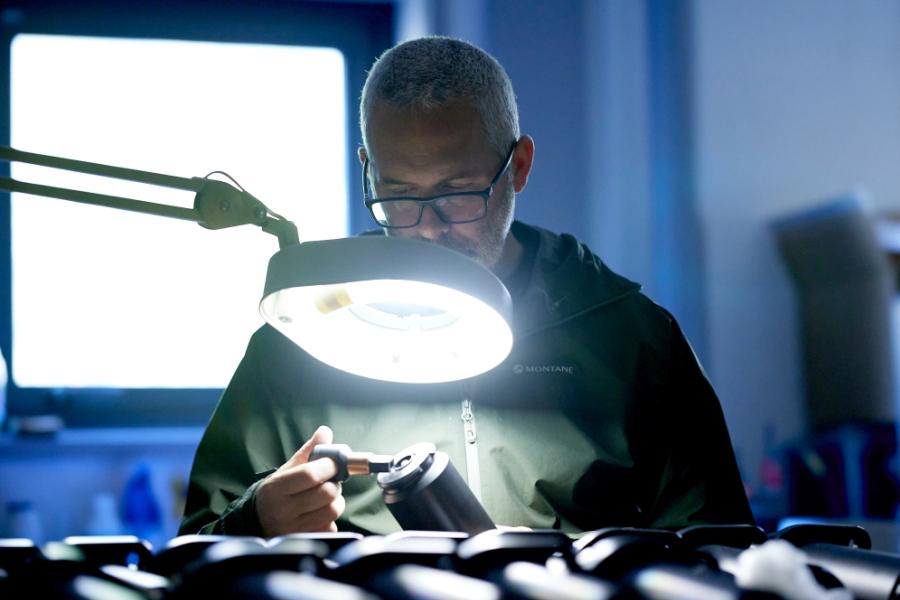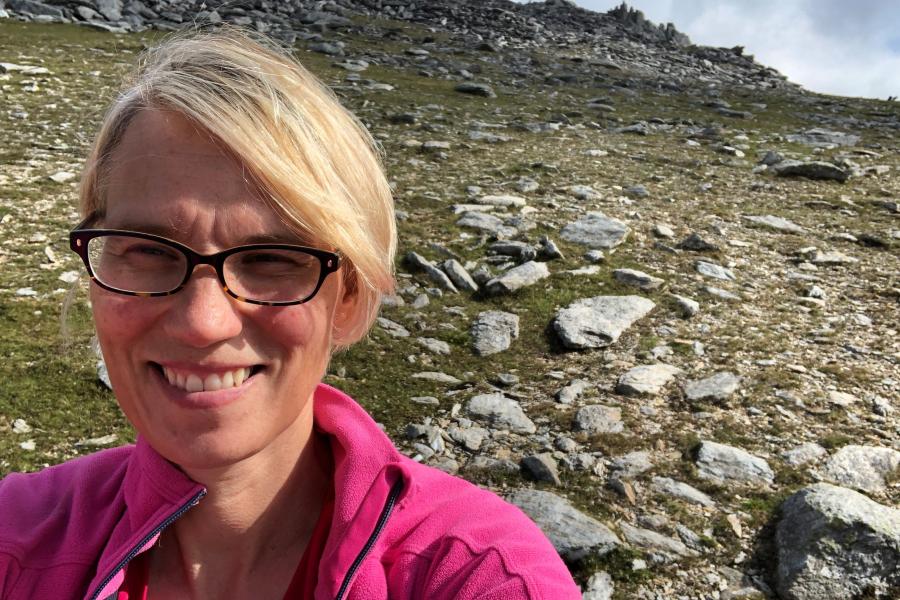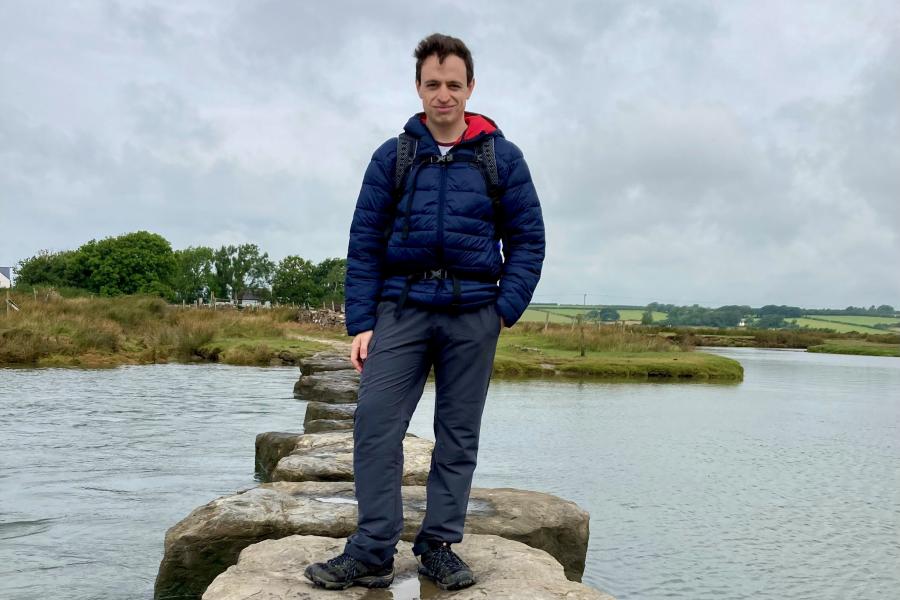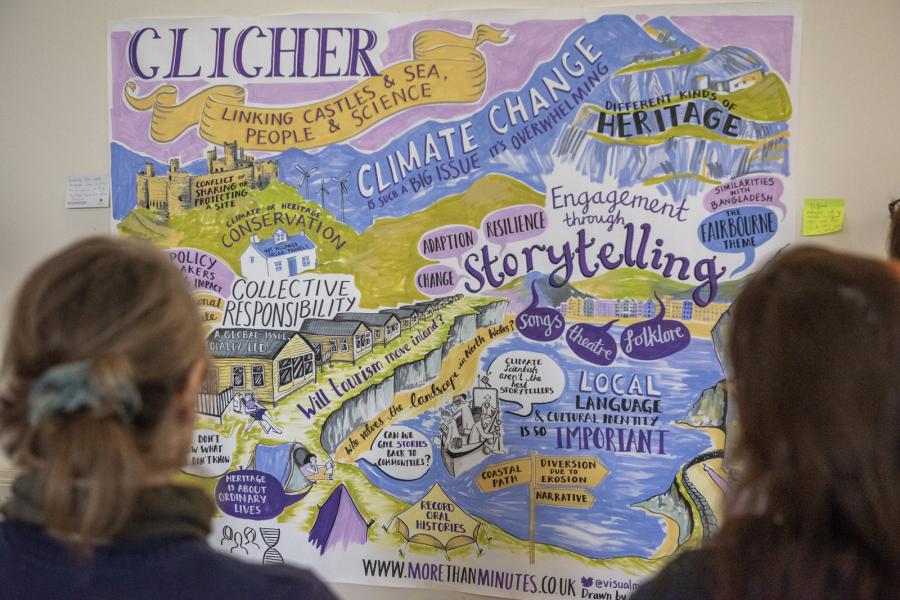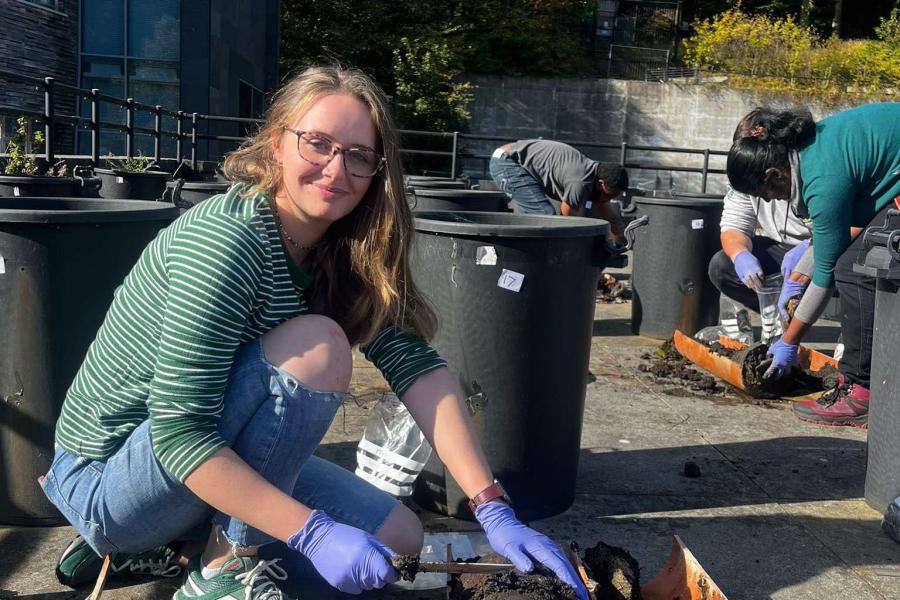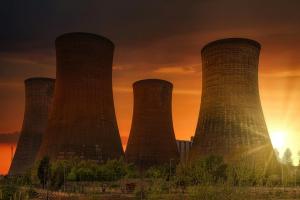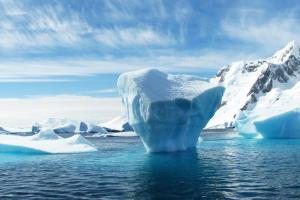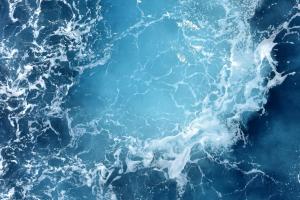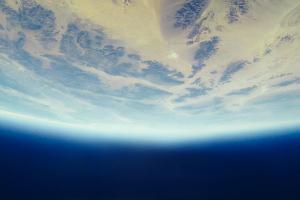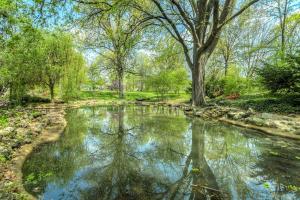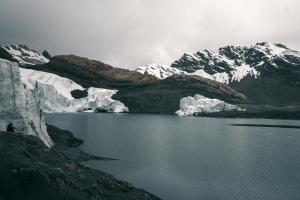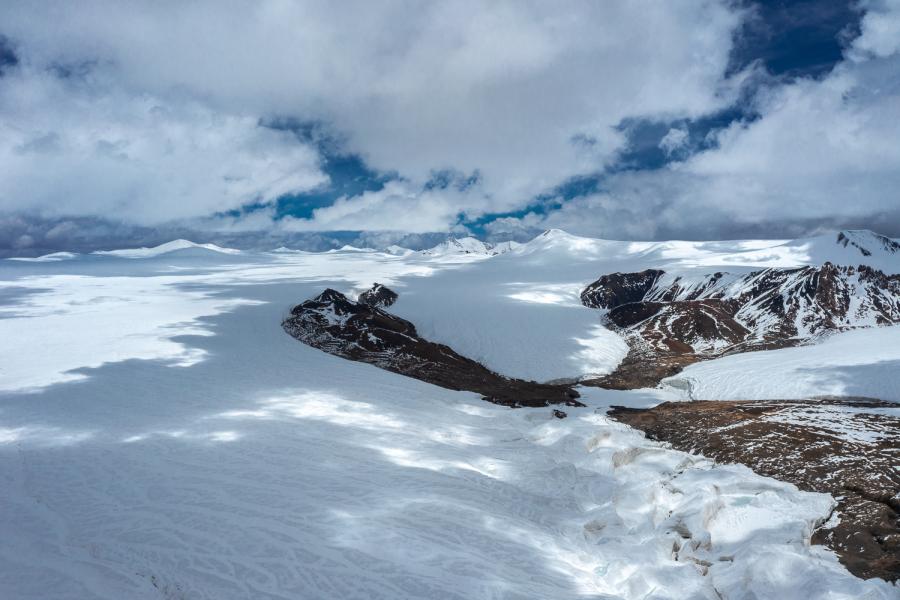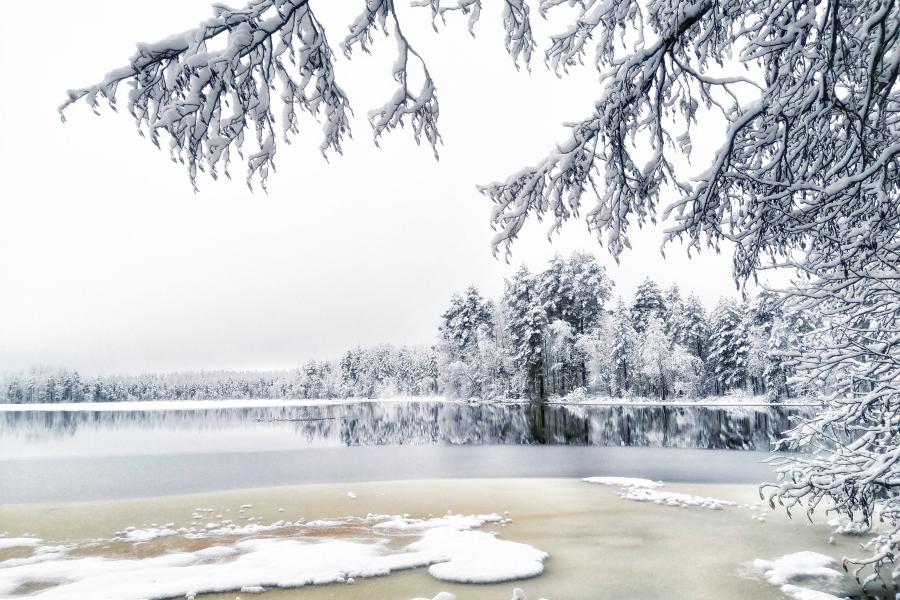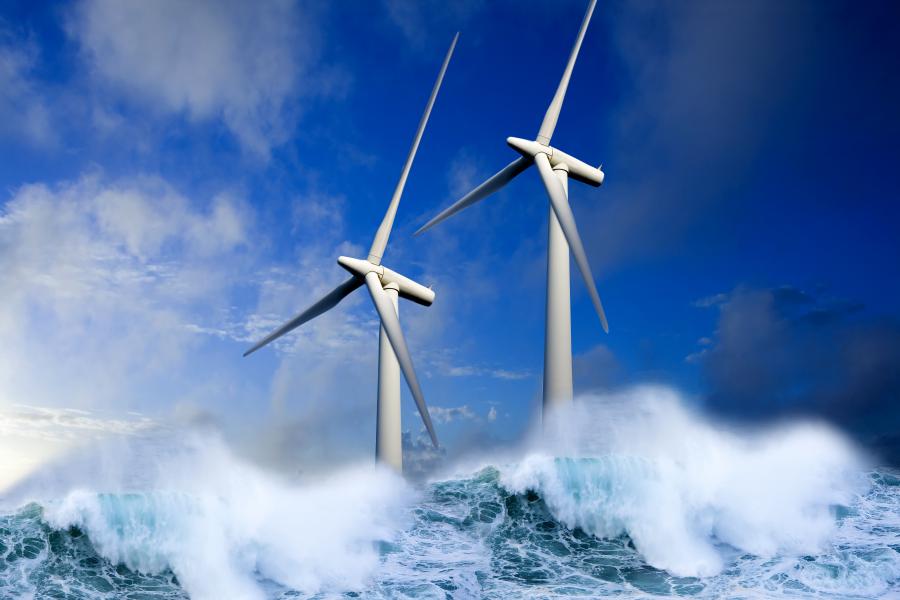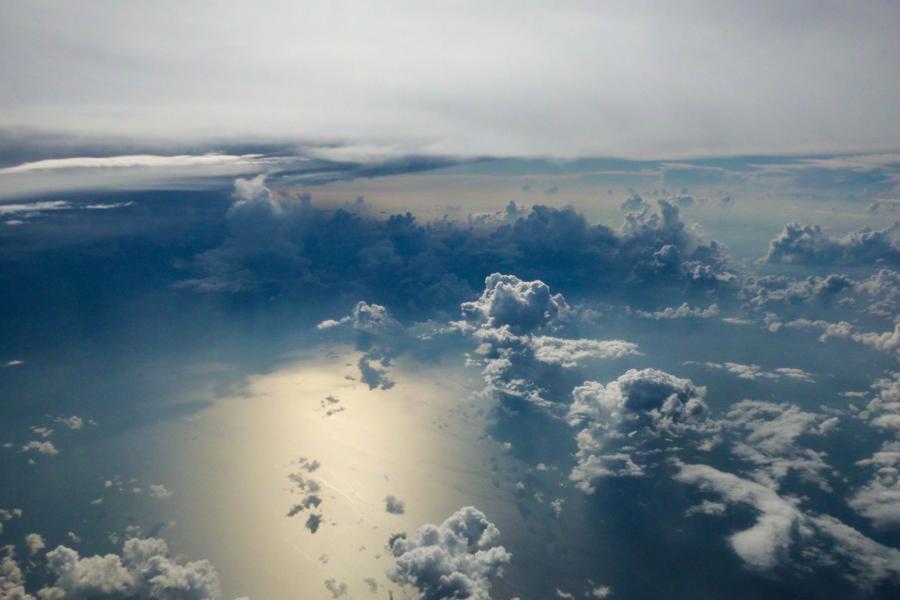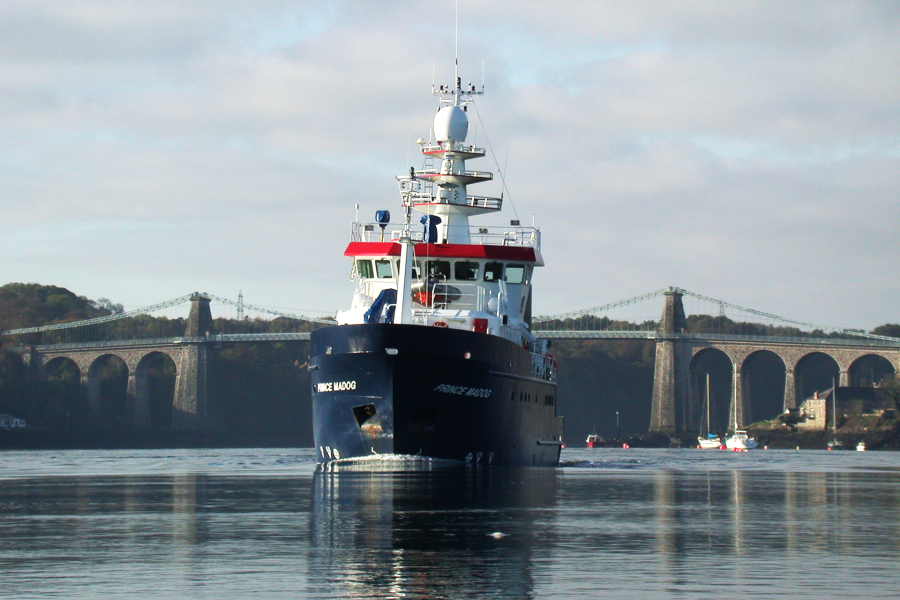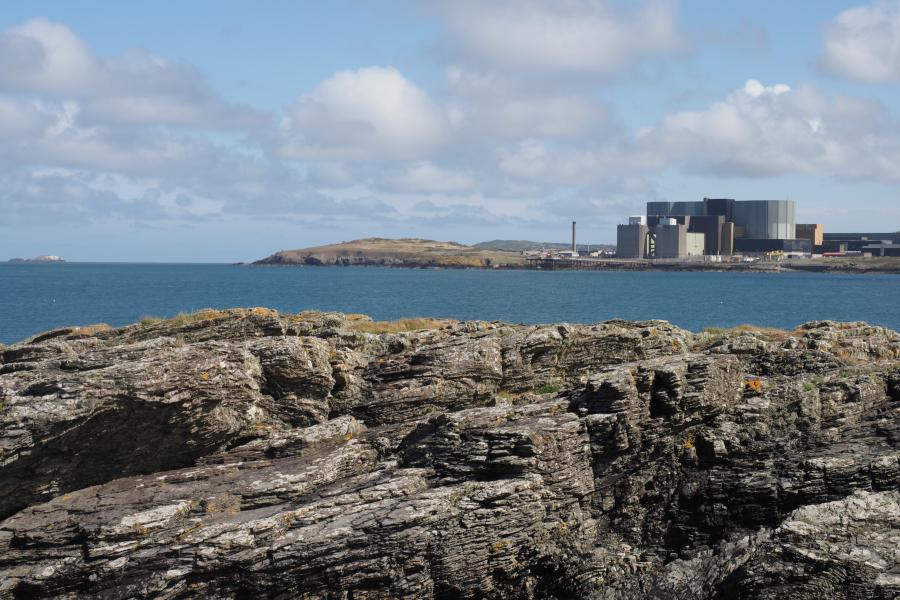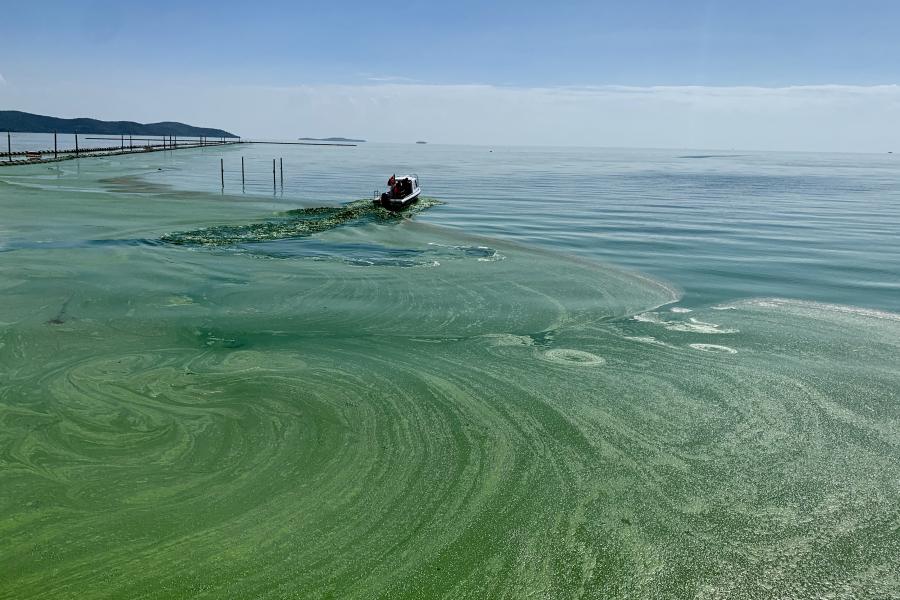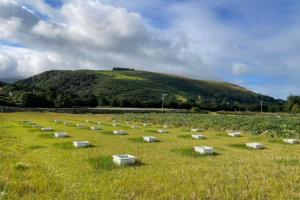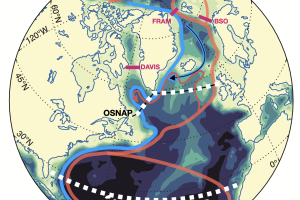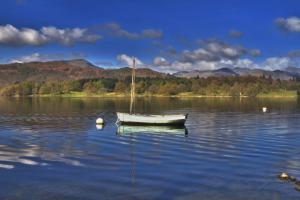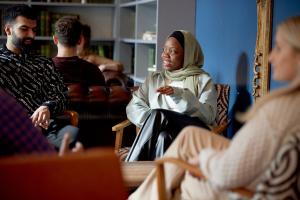Earth Systems Science and Energy at Bangor brings together interdisciplinary researchers from the Schools of Ocean Sciences, Environmental and Natural Sciences and Computer Science and Engineering to study the energy systems engineering and their complex interactions with the Earth's spheres - geosphere, hydrosphere, atmosphere, biosphere, and cryosphere.
We investigate the dynamic processes shaping our planet, including climate, weather patterns, landforms, ecosystems, and their interconnectedness. By examining feedback loops, energy flows, and the impacts of human activities, we provide a comprehensive understanding of Earth's past, present, and future states. Additionally, we focus on the development and optimization of energy technologies, to address the pressing need for clean and sustainable energy sources.
Researchers in our theme also explore ways to enhance the efficiency and affordability of energy systems, including nuclear, solar and wind power. Furthermore, we analyse the environmental and socioeconomic impacts of low carbon energy deployment and propose policies to facilitate its adoption. This research theme plays a crucial role in and mitigating climate change while ensuring energy security and economic growth. Our research informs decision-making, promotes sustainability, and guides efforts to mitigate environmental challenges for the benefit of all life on Earth.
Featured researchers
Full researcher list
- Dr Margot Saher (climate reconstruction, foraminifera, sea level, glaciation)
- Professor Simon Neill (renewable energy, marine pollution (plastics))
- Dr Richard Dallison (hydrology, climate change, water resources)
- Professor Yueng Djern Lenn (oceans, climate, cryosphere)
- Professor Iestyn Pierce (control and instrumentation for power systems)
- Dr Panagiotis Ritsos (information visualization, visual analytics, mixed and virtual reality, human-computer interaction)
- Dr Tim Peters (forestry, plant microbe symbiosis, tree nursery sustainability)
- Peter Robins (physical oceanography, estuary hazards, marine pollution)
- Dr Lynda Yorke (geomorphology, heritage, communities)
To follow
To follow
- Ankita Bhattacharya (estuaries, flooding, groundwater)
-
Daisy Alston (carbon storage, subsoils carbon dynamics, agriculture)
To follow
Key projects
Researchers in this theme work on a wide variety of applied projects.
Key projects
Researchers in this theme work on a wide variety of applied projects.
See our work through the eyes of our researchers
Post Graduate Research Project Highlights
Our cutting-edge PGR projects are driving innovation across fields by exploring transformative ideas, advancing knowledge, and offering real-world solutions.
Recent news and blog
At Bangor, research underpins our teaching. You can study a wide variety of courses, at all levels, which build on the world-leading research we are doing in this field.
At Bangor, research underpins our teaching. You can study a wide variety of courses, at all levels, which build on the world-leading research we are doing in this field.


